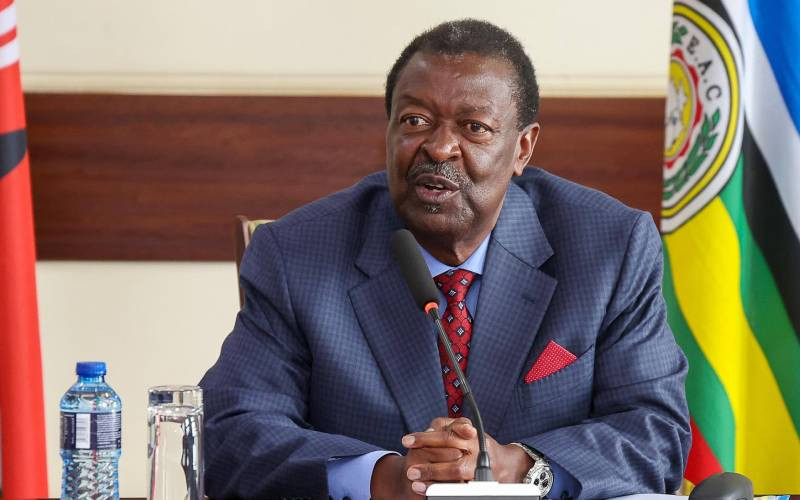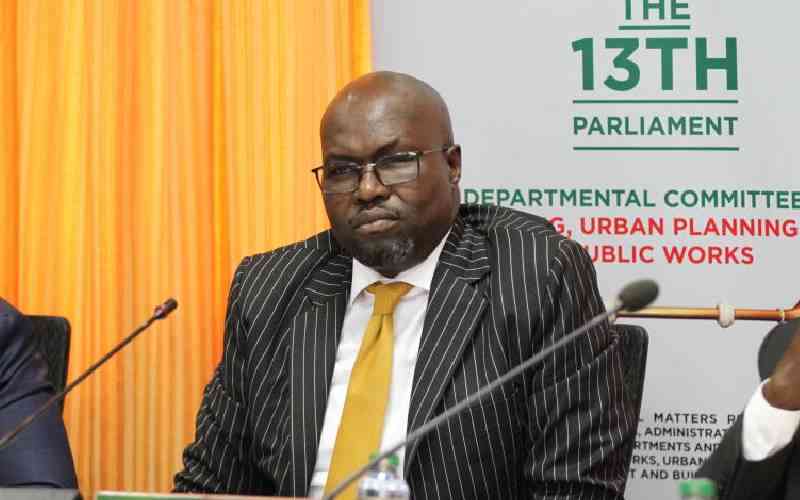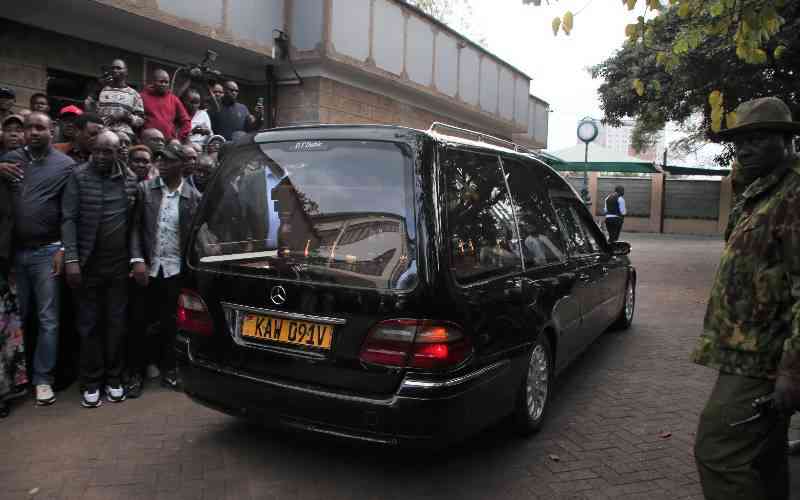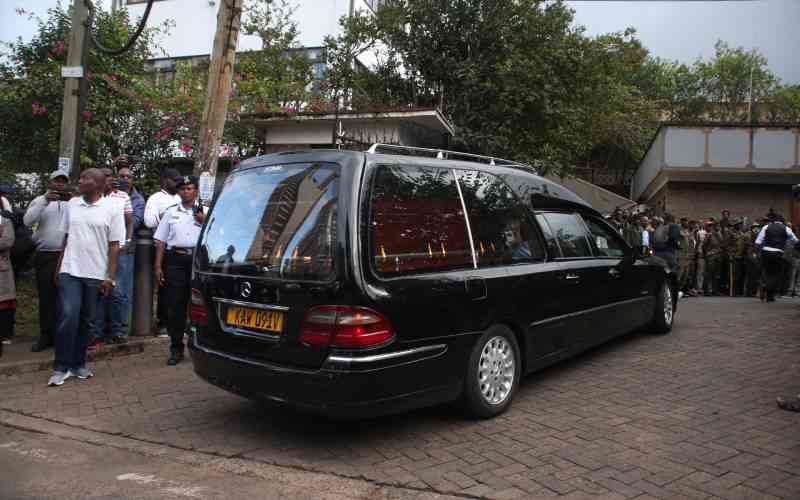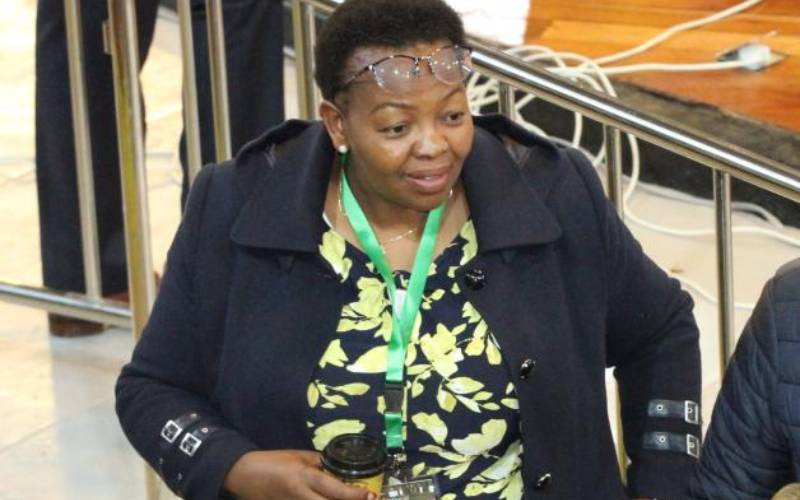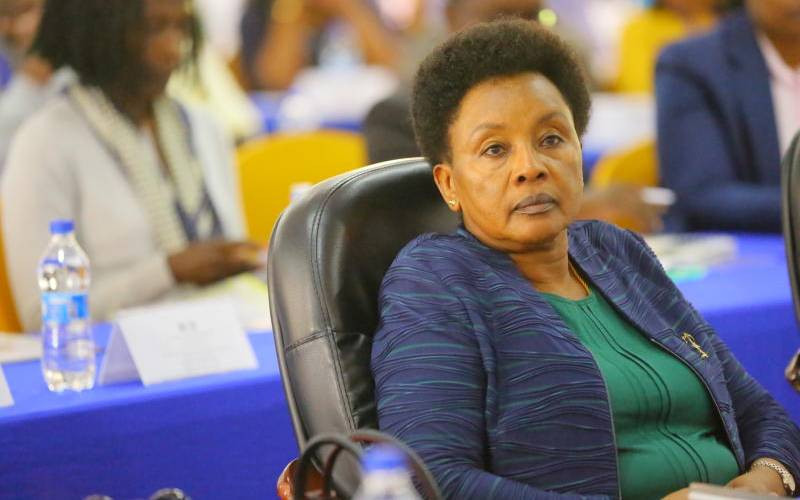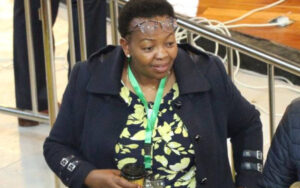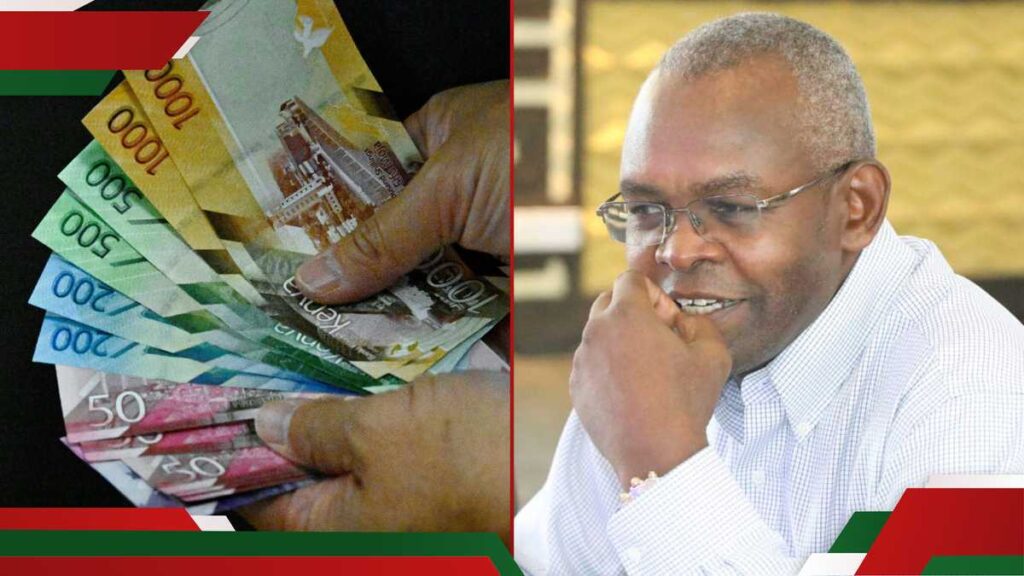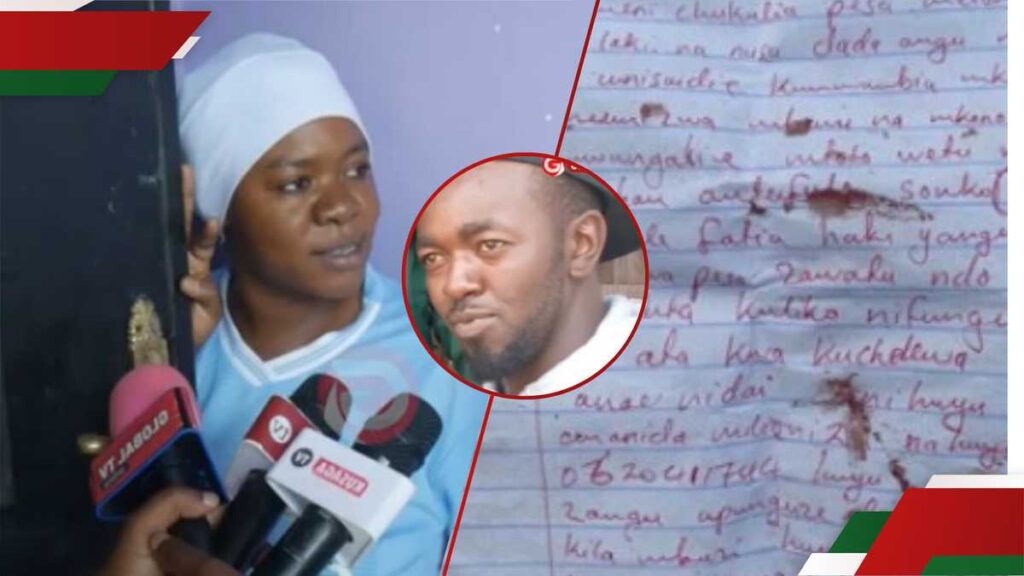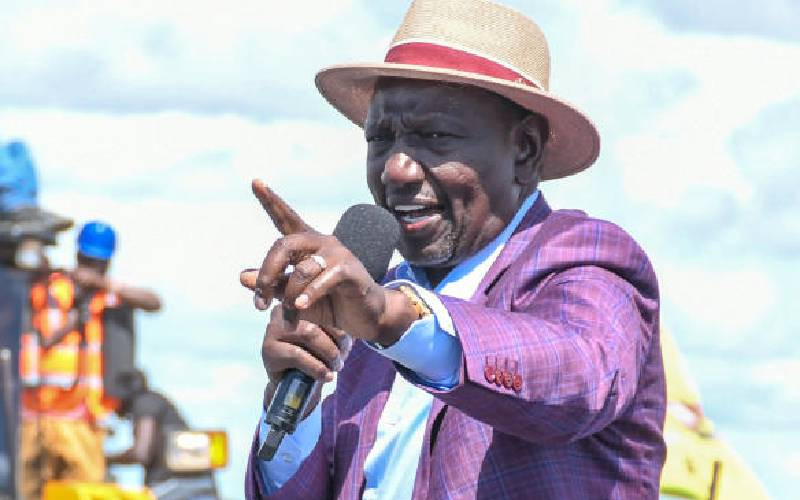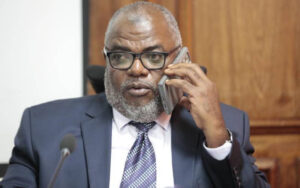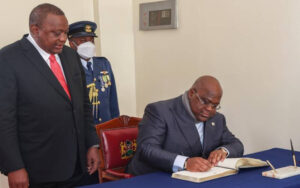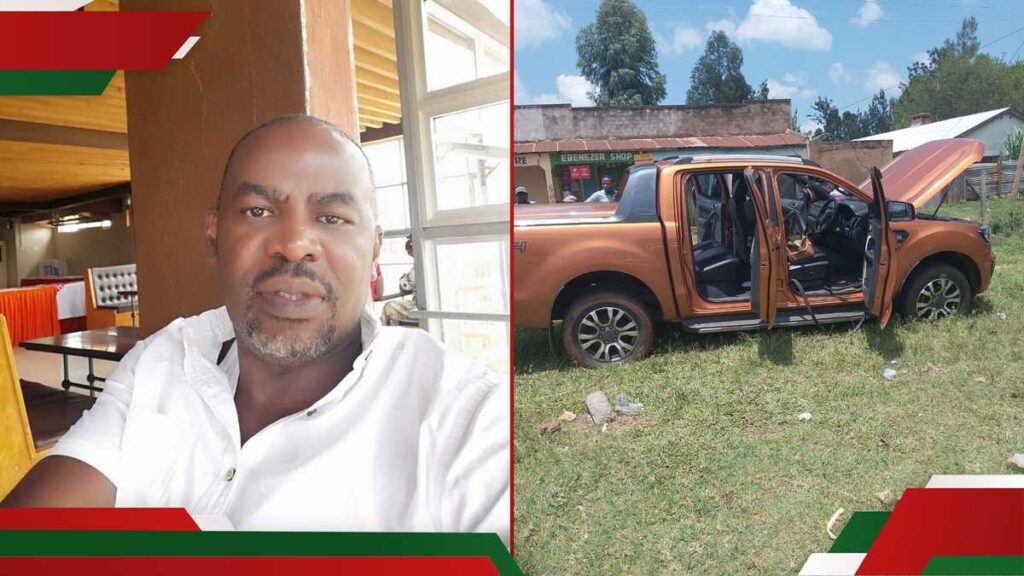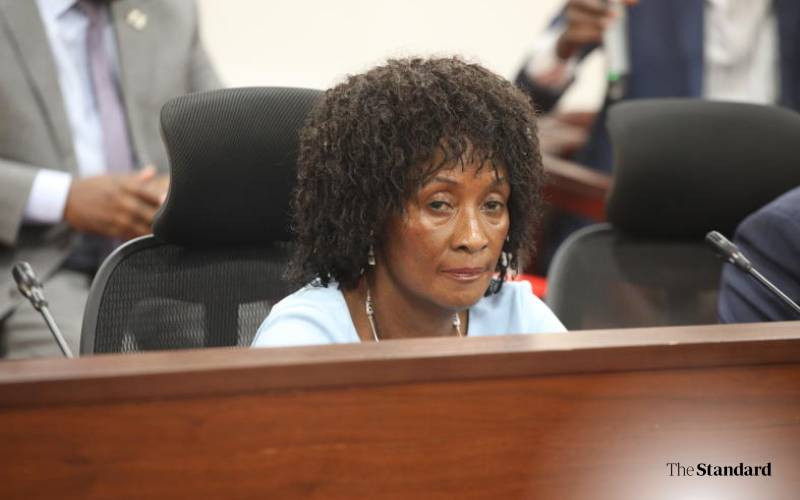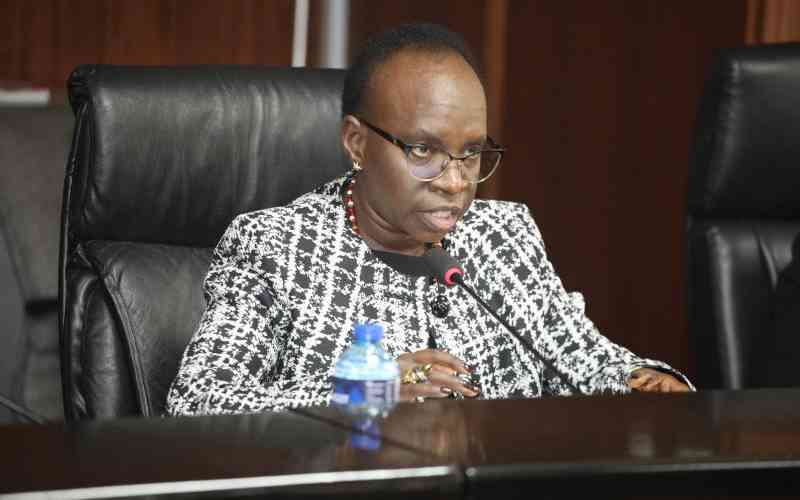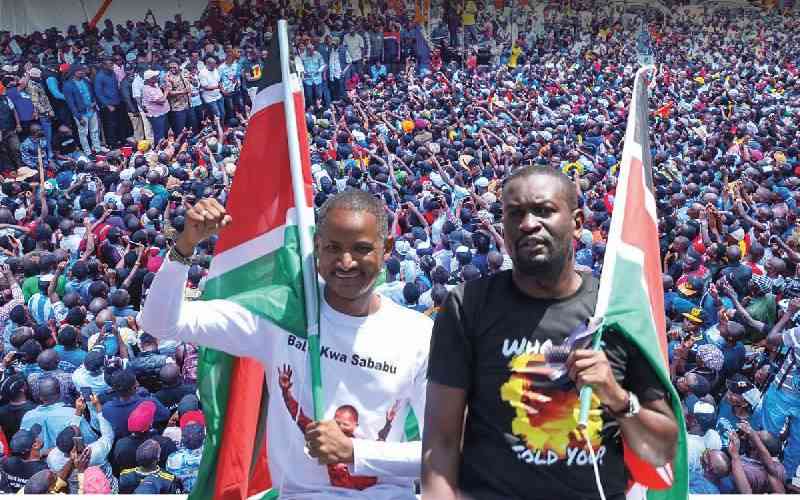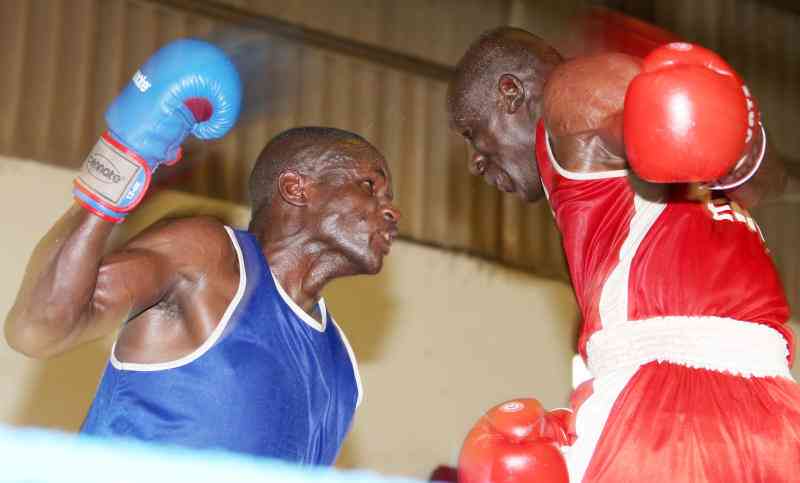The High Court yesterday barred the Judicial Service Commission (JSC) from entertaining removal cases against Deputy Chief Justice Philomena Mwilu and Supreme Court Judges Mohamed Ibrahim, Isaac Lenaola and William Ouko.
In separate orders, Justices Bahati Mwamuye and Lawrence Mugambi issued the orders yesterday barring the commission from entertaining or considering the petitions filed by lawyer Ahmednasir Abdullahi, Dari Limited and Nelson Havi.
“Pending the inter partes hearing and determination of the petitioner or applicant’s notice of motion application dated February 21, 2025, a conservatory order be and is hereby issued staying and/or suspending JSC Petition No. 35 of 2024 [ Dari Limited & 5 Others -vs- Hon. Chief Justice Martha Karambu Koome & 6 Others] and JSC Petition No. 03 of 2024 [ Nelson Havi -vs- Hon. Chief Justice Martha Karambu Koome & 6 Others],” the orders read in part.
This comes as another grand battle was lodged by a lawyer before Justice Chacha Mwita, with a case filed to strip senior lawyers in 2013, 2020 and 2022 cohorts of the title.
In his case, James Nyanyi targets legal bigwigs, among them Ahmednasir Abdullahi, Raychelle Omamo, Senators Okong’o Omogeni and Prof. Tom Ojienda, Prof. Kemeri Mbote, Lucy Kambuni, Kenneth Fraser, Pheroze Nowrojee, Kenneth Akide, George Oraro, James Orengo, Keriako Tobiko, and Prof. Githu Muigai.
He claimed that the process of appointing the senior lawyers was vague during the appointment of the four cohorts.
Nyanyi sued the Attorney General, the Law Society of Kenya (LSK) and the committee on senior counsel.
He alleged that in 2003, the president appointed 20 advocates, all of whom were previous chairpersons of LSK and were alive except Achroo Kapila.According to the lawyer, the list did not emanate from the list prepared by the committee of senior counsel. He said 15 advocates were appointed in 2013, 2020, and eight in 2022.
“Since 2003 the rank and dignity of Senior Counsel has been conferred upon 68 advocates in what is characterised as four cohorts. The process of such conferred or appointment has largely been arbitrary, opaque and or otherwise unlawful. From the outset, there has been no or no proper evaluation of those appointed against the basic statutory criterion of the rendition of exemplary service to the legal and public service in Kenya” argued Nyanyi.
Despite claiming that all cohorts had issues, he wants the court to declare that the appointment of the 2003 and 2013 cohorts was illegal and null and void.
In the meantime, DCJ Mwilu, and Justices Ibrahim, Lenaola and Ouko argued that the commission had opted to consider a blanket condemnation of the apex court without considering the law or the facts.
The battle took a political twist, with Deputy President Kithure Kindiki saying that the petition was an attempt to bring down the Supreme Court.
“The Chief Justice and the Supreme Court judges will be defended not because of their ethnicity but because the attempt to bring down an entire Supreme Court for its decisions undermines the independence of judges, threatens the rule of law and fatally injures the underwriter of our democracy,” said Kindiki.
On her end, Justice Mwilu said that the law does not give JSC powers to remove a judge from office based on a unanimous decision by an entire bench. She said that JSC knew it has no power to entertain the petitions and ought to have dismissed them.
Stay informed. Subscribe to our newsletter
“On the contrary, it is plainly obvious that the first respondent overlooked significant deficiencies in the petitions, automatically accepting them without fulfilling its constitutional obligation to verify that they disclosed grounds for removal as stipulated under Article 168(1) of the Constitution before requesting responses from the petitioner,” said Mwilu.
Mwilu further argued that the petitions for removal were still live before different courts; hence, they amounted to subjudice and handling of the matter before another forum.
Justice Mwilu singled out Mr. Havi, saying that it was clear that his claims against the seven senior judges were hot air as they were not anchored on evidence and were based on rumours allegedly peddled on social media by him, Dari and Ahmednasir.
“The allegations outlined in paragraphs 86-89 of the second interested party affidavit assert that four unnamed judges of the Supreme Court engaged in bribery. However, on making these reckless accusations, the second interested party not only fails to provide proof but also unjustly implicates all judges of the Supreme Court, casting doubt on their integrity without any justification and distinction.”
The senior judge said that Havi and Ahmednasir have become audacious in their social media wars to the extent of wishing death on the CJ and judges of the top court.
Justice Lenaola on his end said that JSC never considered the complaints as forwarded as it was clear that he was required to respond in one that he was not a party. He said that the commission was flying blind as even those who did not sit in the cases, such as the Dari, were also included.
According to him, Dari had admitted that he had been erroneously added as a party. Nevertheless, he said, the commission ordered him to respond. Justice Lenaola asserted that the petitions were a scheme to abolish the top court.
Justice Ouko said that none of the petitions filed had a demonstration of corruption, partiality, extrajudicial influence, or any cogent substance that would warrant the removal of the seven judges.
According to him, the petitions would create a chilling effect on judicial independence, where judges may feel pressured to render decisions that align with administrative or political expectations rather than the dictates of the Constitution and the law.
“JSC is obligated to act as a sieve, filtering out unmeritorious and frivolous complaints that do not meet the constitutional threshold for removal of a judge. This is a critical safeguard to protect judges from baseless allegations and to preserve the integrity of the judiciary. By failing to perform this essential function, the JSC has abdicated its constitutional mandate and exposed the entire judiciary to unnecessary and unwarranted attack,” said Justice Ouko.
Justice Ibrahim cited disobedience of court orders as one of the central grievances against the commission by the apex court judges. According to him, the commission was ordered in a case filed by former judiciary registrar Gladys Sholei to enact regulations to process complaints. However, he said, this has not happened to date.
He argued that the petitions before the commission lacked clarity and were all a blanket condemnation.



